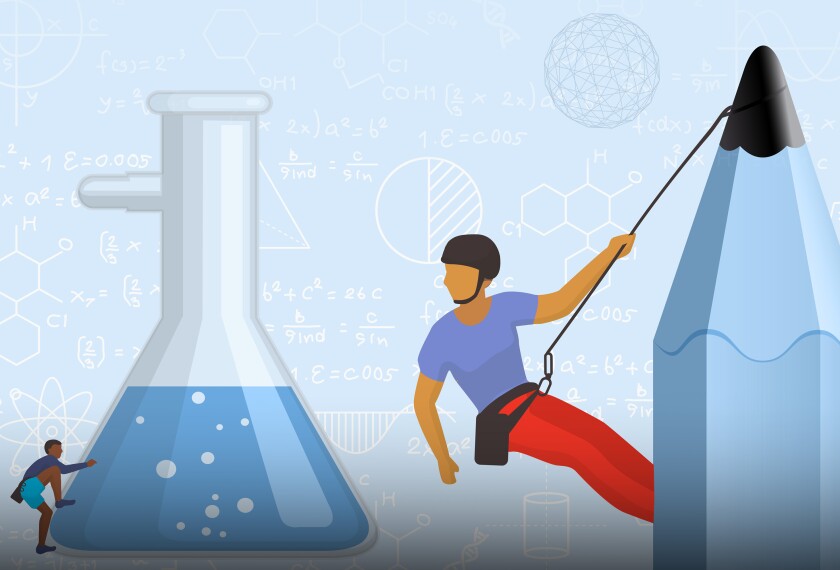The first American female astronaut, who was an influential role model and advocate for STEM education, died July 23 from pancreatic cancer at age 61.
Sally Ride made two flights aboard the space shuttle Challenger. She also worked in academia and in a leadership post at NASA.
But one of her passions was working to inspire interest among young people, especially girls, in the STEM fields of science, technology, engineering, and mathematics. In 2001, she founded Sally Ride Science, which she said was intended to “make science and engineering cool again,” according to The New York Times, providing STEM-oriented educational programs, materials, and teacher training. She also wrote science books for children.

In a 1985 interview with Education Week, Ms. Ride discussed the need to get more girls interested in science.
“It’s very important for girls in high school to be able to look out in the real world and see women scientists,” she said. “Girls and young women aren’t going into science in the numbers women scientists think they should.”






